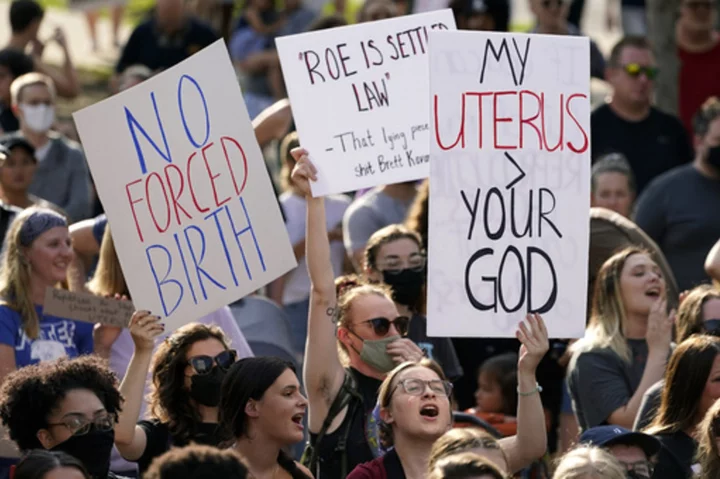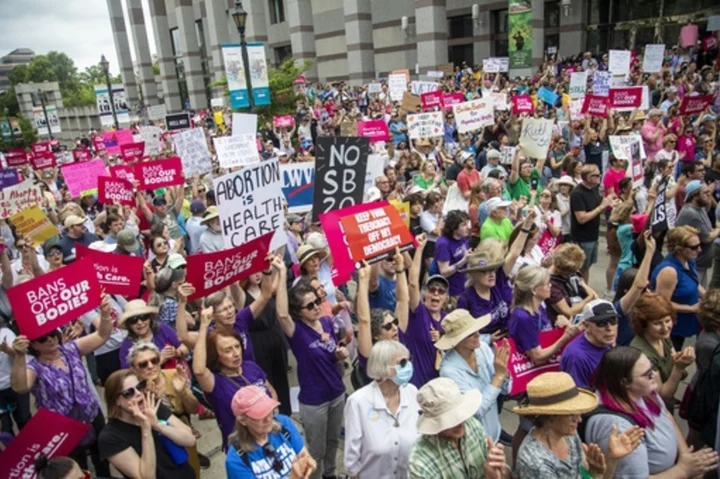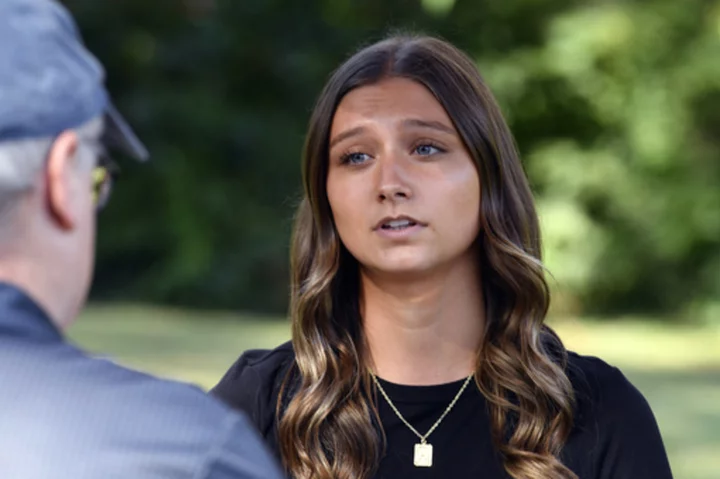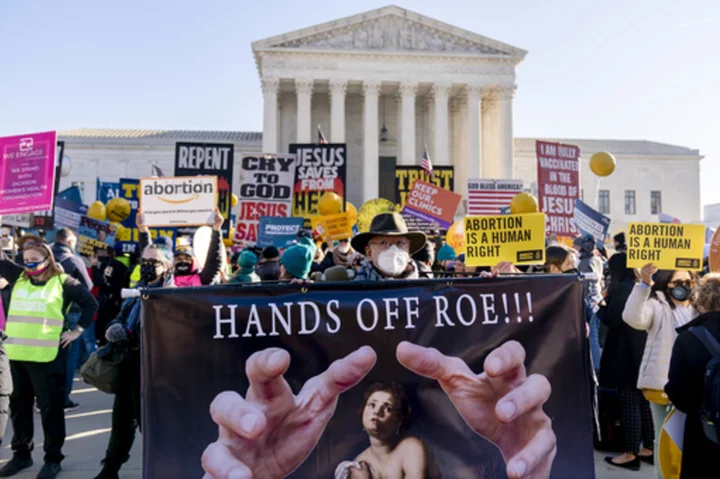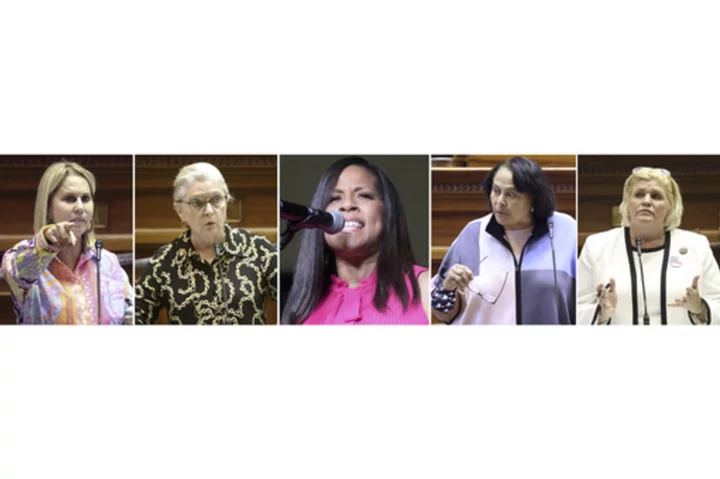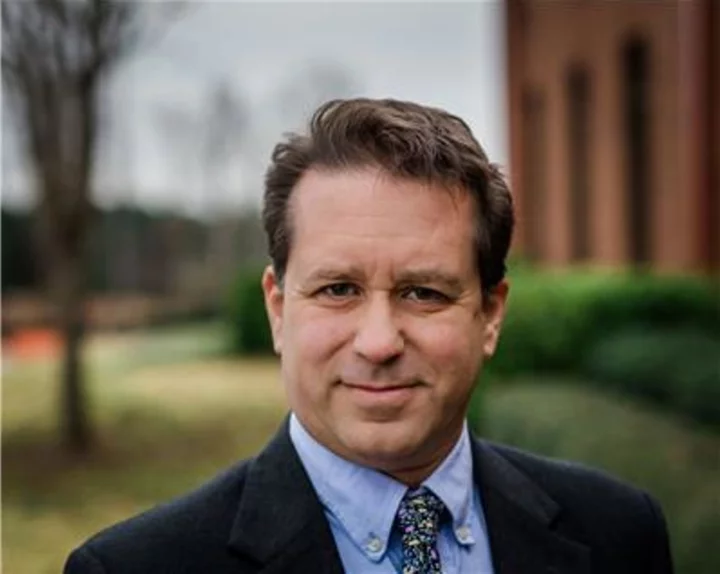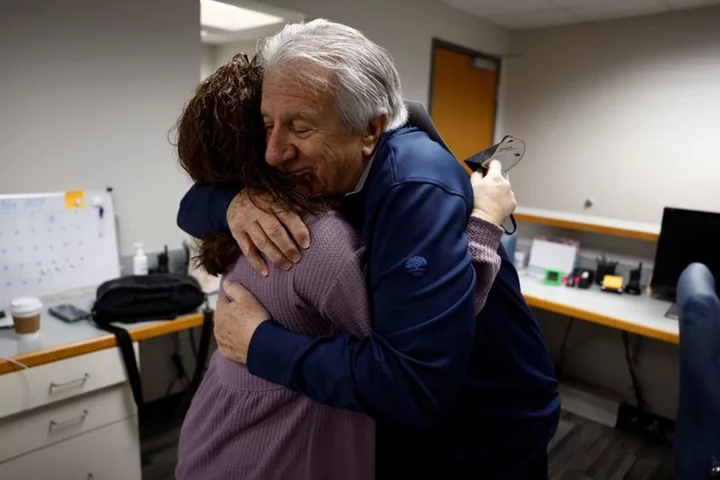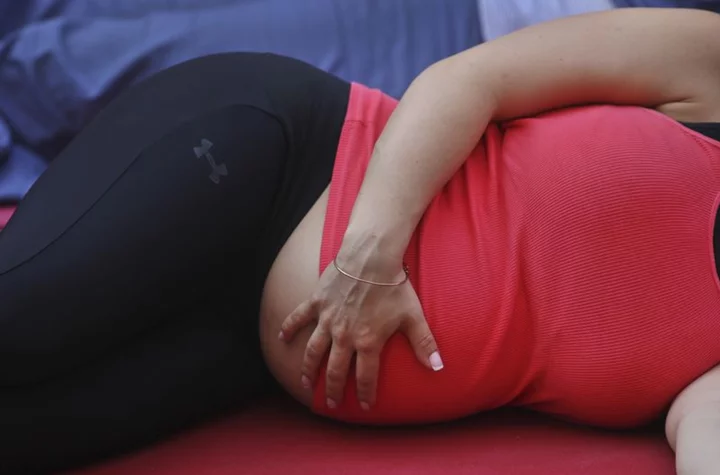DES MOINES, Iowa (AP) — Protesters gathered in the Iowa Capitol rotunda as the Legislature began a special session Tuesday focused exclusively on abortion restrictions, where Republican lawmakers will work to push through a new ban on abortion after roughly six weeks of pregnancy.
The day will be a marathon of committee hearings and floor debates in both chambers, with votes likely to extend late into the night. Demonstrators for and against the bill are expected to rally at the capitol building throughout the day.
Republican Gov. Kim Reynolds ordered the rare session after the state Supreme Court declined to reinstate a law she signed in 2018 that is practically identical to the one being proposed Tuesday. Abortion is currently legal in Iowa up to 20 weeks of pregnancy.
“Iowans know we will defend life and have grown our majority,” Speaker of the Iowa House Pat Grassley said in a July 7 statement.
After the House gaveled into session, House Minority Leader Jennifer Konfrst objected to the urgency that Republican lawmakers have introduced.
“If there is an issue that is important enough to bring us all back in July, it is not our job to help you get it to the governor faster,” she said. “It is our job to truly debate this bill, and we will not have ample opportunity to do that when we’re rushing this through.”
The current draft, like the 2018 law, would prohibit abortion once cardiac activity can be detected, which is usually around six weeks of pregnancy and before many women know they are pregnant.
There are limited circumstances under the measure that would allow for abortion after that point in a pregnancy — such as rape, if reported to law enforcement or a health provider within 45 days; incest, if reported within 145 days; if the fetus has a fetal abnormality “incompatible with life;” and if the pregnancy is endangering the life of the pregnant woman.
A district court found the 2018 law unconstitutional in 2019 based on rulings by the U.S. Supreme Court and Iowa’s Supreme Court that had affirmed a woman’s fundamental constitutional right to abortion.
After both bodies overturned those rulings last year, Reynolds sought to reinstate the 2018 law, but the state's high court deadlocked last month without ruling on the merits of an abortion ban, leaving the law permanently blocked.
And so Reynolds called lawmakers back to Des Moines.
Civil rights groups opposed to abortion restrictions set up booths in the Capitol as the day began. Chants from abortion advocates echoed through the rotunda as a public hearing was underway.
“Health care is a human right. All people should be able to make decisions about their own bodies,” said demonstrator Tim Rutledge, of Des Moines, alongside his 8-year-old son. “The fact that our governor and elected officials cannot – or do not – recognize this is unconscionable.”
He said he showed up Tuesday to urge lawmakers to protect the civil rights of future generations and brought his son to show him democracy is participatory.
The draft of the measure released Friday indicates that Republican lawmakers want it to take immediate effect with the governor's signature. The law as written is likely to be challenged with similar expediency.
Planned Parenthood North Central States is prepared to file that challenge, representatives said Monday, Meanwhile, the organization will refer patients out of state if they're scheduled for abortions in the next few weeks, and will continue to provide care to patients who present before cardiac activity is detected.
“We will keep seeing those patients and fight our way back to the Iowa Supreme Court when this law goes into effect,” said Chief Medical Officer Sarah Traxler.
Most Republican-led states have drastically limited abortion access in the year since the U.S. Supreme Court overturned Roe v. Wade and handed authority on abortion law to the states. More than a dozen states have bans with limited exceptions and one state, Georgia, bans abortion after cardiac activity is detected. Several other states have similar restrictions that are on hold pending court rulings.

